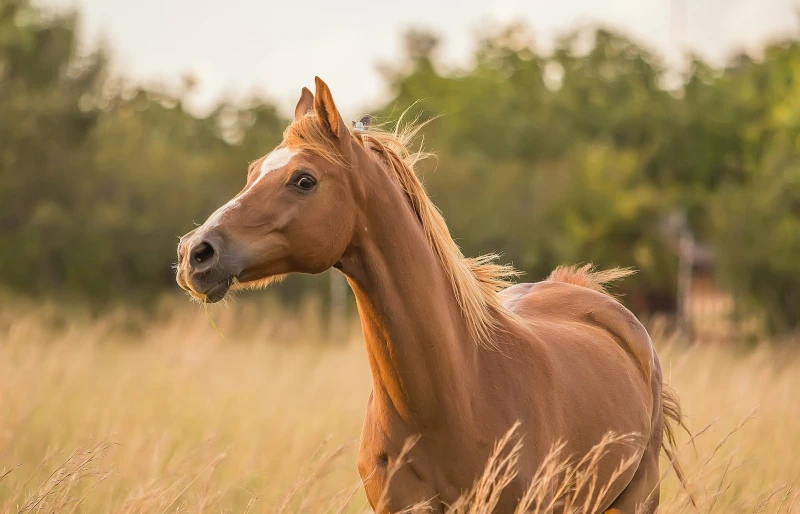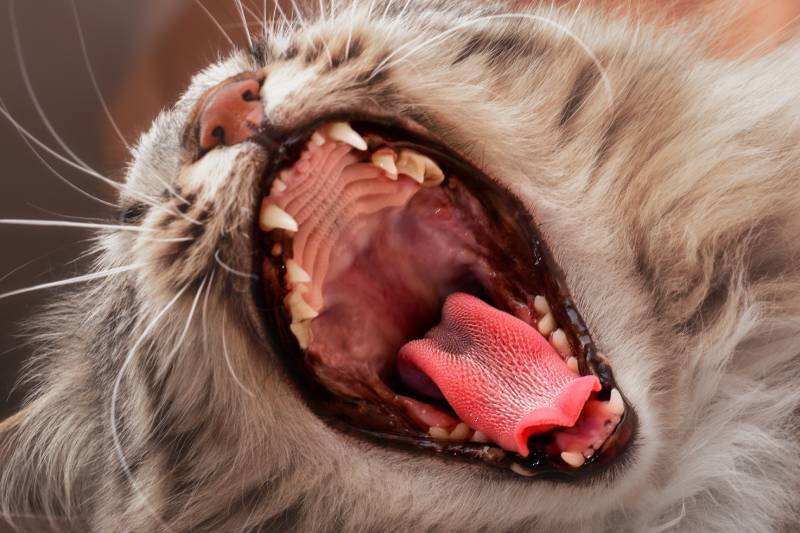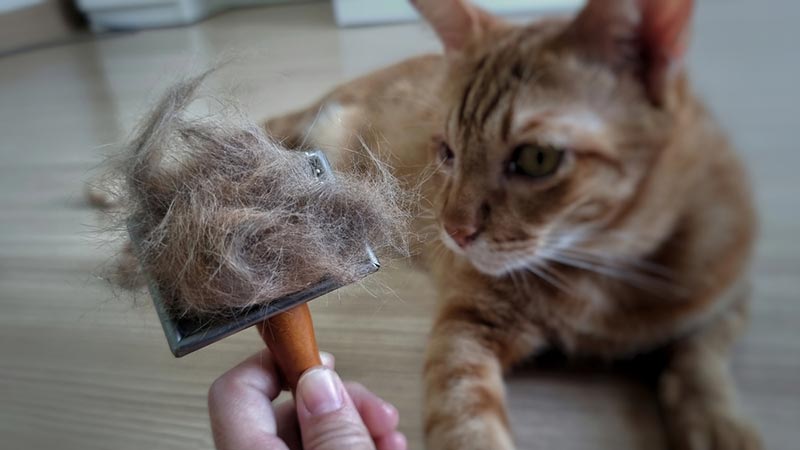VET APPROVED

The information is current and up-to-date in accordance with the latest veterinarian research.
Learn more »Proper nutrition is one of the critical factors in the quality of life of any organism, including the estimated 7.24 million horses in the United States. Humans and equines are mammals, so we share some DNA that governs how our respective bodies work. We both have similar nutritional needs for vitamins and minerals, but people often overlook our need for sunshine.
Humans and horses can synthesize nutrients from exposure to the sun and UV-B radiation. If equines didn’t get an adequate amount of turnout, an adult would need 500 IU/kg feed dry matter daily to meet its nutritional needs. However, if your horse gets at least 4 hours outside a day, it won’t need supplementation or sun-cured forages.

The Factors That Affect Sunlight Exposure
It’s worth noting that science has a lot of catching up to do when it comes to learning more about horses and their physiology. Some question whether equines need sunlight exposure at all because of the thickness of their coat interfering with UV-B absorption.
It’s true that cases of rickets and vitamin D deficiencies are not all that common in these animals, particularly those fed a commercial diet. They usually meet the Association of American Feed Control Officials (AAFCO) criteria for being complete and balanced. Vitamin D is a fat-soluble nutrient, meaning it’s stored in an animal’s fat tissue. An overabundance is often of greater concern than a lack of adequate intake.
- Weight loss
- Lethargy
- Lying down
- Irregular heart rate
- GI distress
- Increased thirst
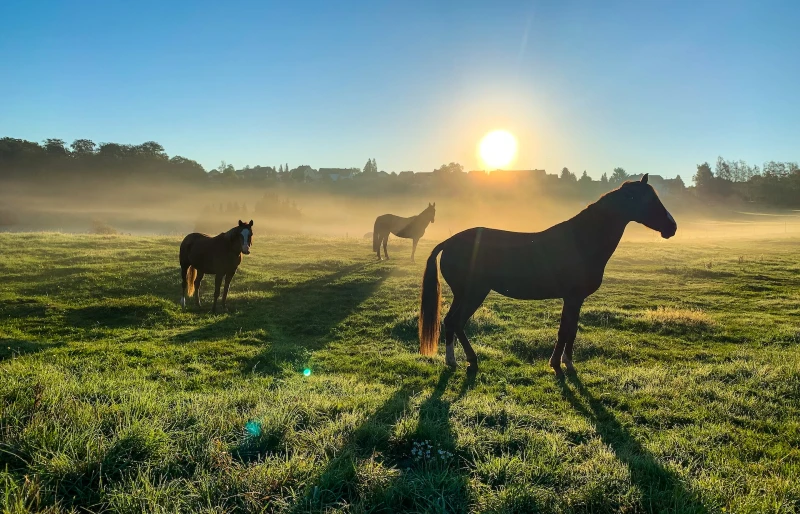
Location! Location! Location!
The downfall of sun exposure for horses and people is latitude location, particularly during the winter months. The angle of the sun hitting the Earth differs throughout the year. It’s difficult for people to get enough sunlight exposure during the winter, let alone horses. That may explain why some owners give supplements to their steeds.
Turnout Time
Horses are naturally crepuscular animals. Wild equines are active at dawn and dusk, taking a snooze during the heat of the day. Many owners might follow a similar pattern of turnout time and keep their animals indoors. That’s probably especially true in warmer parts of the country. When they are outdoors, many wear coats to protect them from excessive sunlight exposure and cold or inclement weather.
Protective gear, whether it’s a coat or a blanket, interferes with UV-B radiation absorption by the animal’s skin. It can increase the amount of time your horse should be outdoors or heighten the need for supplementation. Therefore, we can’t dismiss the value of sun exposure until research enlightens us.
- Poor muscle control
- Stress fractures
- Loss of appetite
- Facial swelling
- Dental problems
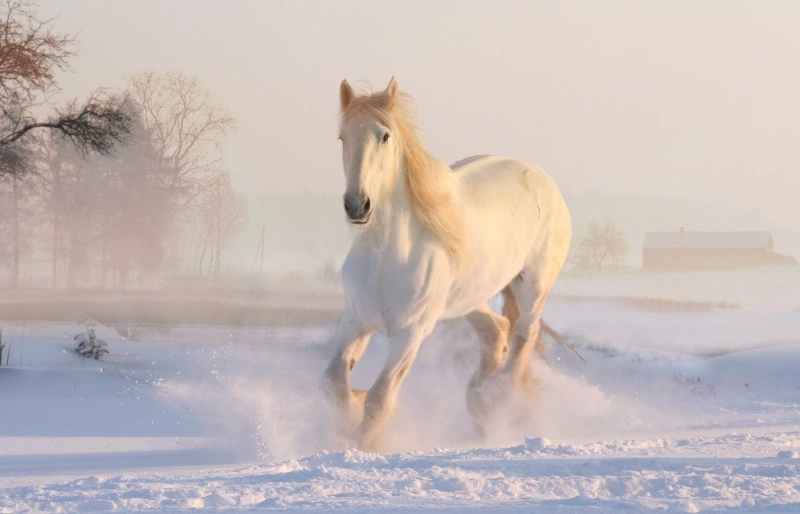

Conclusion
We know that sun exposure affects vitamin D synthesis in horses. It’s one reliable way that an animal can get enough of this vital nutrient. While science has more to learn, we can use the rule of thumb of 4 hours daily as the tipping point for supplementation. We recommend discussing your horse’s nutritional needs with your veterinarian to ensure adequate intake.
- https://www.merckvetmanual.com/management-and-nutrition/nutrition-horses/nutritional-requirements-of-horses-and-other-equids
- https://www.horsejournals.com/horse-care/feed-nutrition/sunlight-delivers-vitamin-d-message-your-horses-health
- https://www.merckvetmanual.com/management-and-nutrition/nutrition-small-animals/nutritional-requirements-and-related-diseases-of-small-animals#v3328652
- https://www.ncbi.nlm.nih.gov/books/NBK218749/
- https://www.health.harvard.edu/staying-healthy/time-for-more-vitamin-d
- https://animaldiversity.org/accounts/Equus_caballus/
- https://www.science.org/doi/10.1126/science.1178158
- https://www.sciencedirect.com/science/article/abs/pii/S0737080615004177
Featured Image Credit: Sarah Olive, Unsplash
